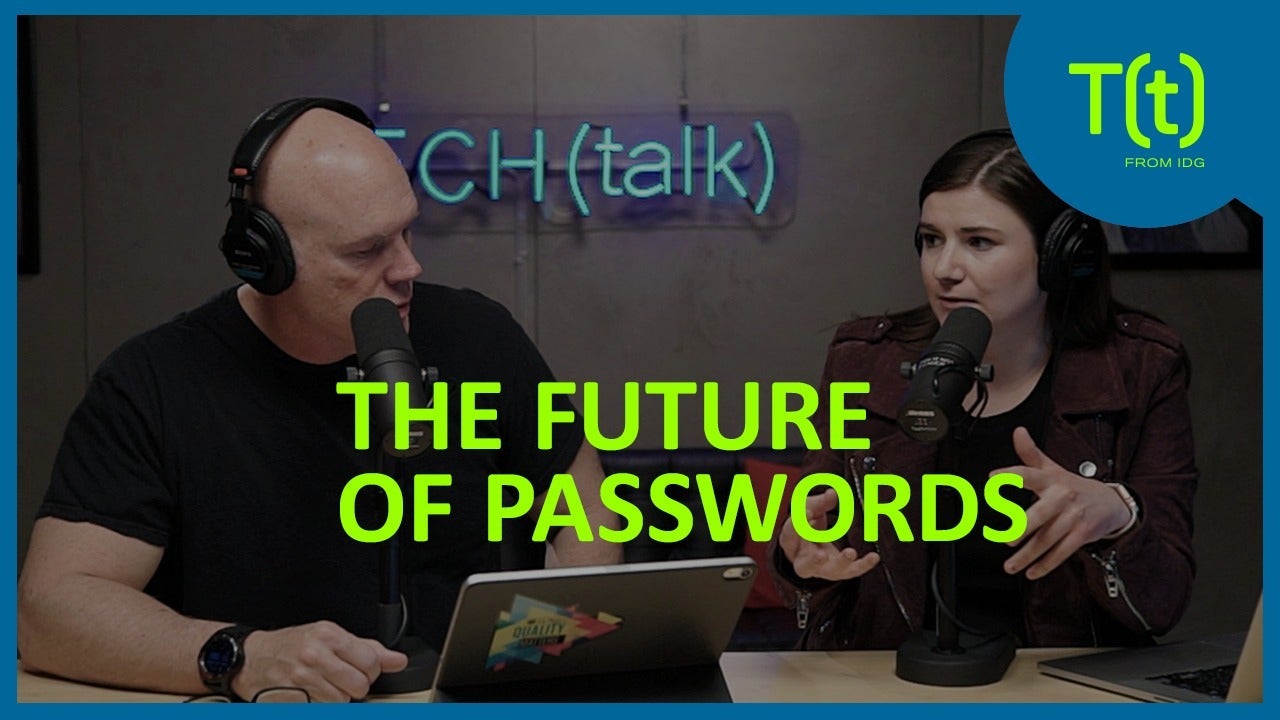Apple, the FIDO Alliance and the future of passwords

Apple is the latest firm to join the FIDO Alliance, an industry standards group developing more secure ways to log in to online accounts and apps using multi-factor authentication (MFA), biometric authentication and physical security keys. Computerworld's Lucas Mearian joins Ken Mingis and Juliet Beauchamp to discuss the Apple move, how different forms of authentication work and how far away we are from a password-less world.








